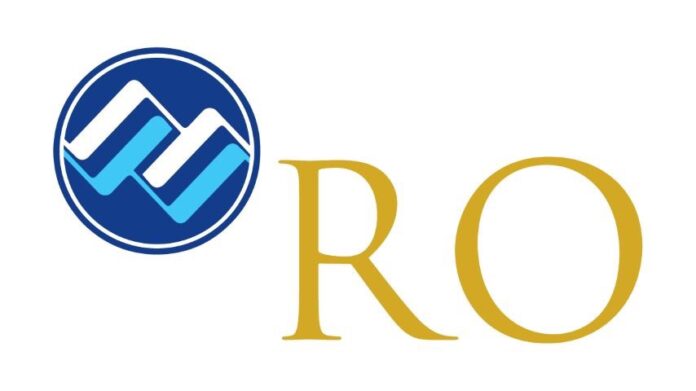The Regulatory Office (RO) of the Metropolitan Waterworks and Sewerage System (MWSS) laments the number of Metro Manila residents remaining unaware that a good portion of their monthly water bill includes the desludging of septic tanks free of charge.
At a forum held recently at the Manila House Private Club in Taguig City, MWSS chief regulator Patrick Lester N. Ty said close to seven million Metro Manila residents served by the two water and sewerage concessionaires have effectively waived the free septic tank desludging services they pay for each month.
Septic tank desludging is typically done every five or six years, a service that both the Manila Water Company Inc. (Manila Water) and the Maynilad Water Services Inc. (Maynilad) provide free of charge for consumers.
Inexplicably, Ty acknowledged, 40 percent of consumers equal to 6.88 million of the 17.21 million served by the water concessionaires, typically waive the free service.
“Actually right now we are at around 60 percent availment rate (and) 40 percent waive” their right to the desludging service, Ty told the public forum of a key feature of the water bill imposed each month to take care of the environment.
Wastewater treatment in the concession areas, Ty explained, remains a problem for both Maynilad and Manila Water although sewer and sanitation coverage before and after the privatization of the MWSS have improved tremendously from nine percent to 26 percent for the former and from only one percent to 82 percent for the latter.
At present, the regulator encourages the water concessionaires to pursue their desludging programs in earnest by partnering with the various local government units (LGU) and giving them citations for getting the job done with increasing success.
Ty said desludging has to do with the larger goal of treating waste water properly, consistent with provisions spelled out in the concessionaires’ contracts and more significantly under the Clean Water Act of 2004 and the Supreme Court mandate to clean up and rehabilitate Manila Bay.
This also has to do with the so-called Millenium Development Goals (MDG) adopted by the United Nations (UN) where developing economies like the Philippines are encouraged to commit, among others, to such goals as providing a desired number of their population with “sustainable access to safe drinking water and safe sanitation.”
While much progress has been achieved by developing countries since the MDG adoption in 2000, the UN continues to deplore that an estimated two billion people worldwide still have no access to basic sanitation.
The UN envisions “adequate and equitable sanitation and hygiene for all” by 2030, the Philippines included.
The Philippines observes this objective and UN mandate under a decentralized system of treating and disposing of its wastewater, a system that Ty also acknowledged is fraught with challenges.
Chief among them is the indiscriminate dumping of both household and industrial wastewater in the country, Ty said.







